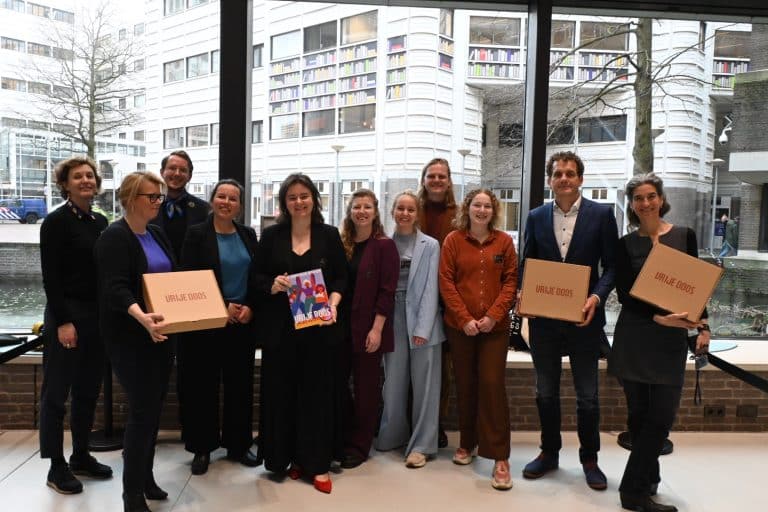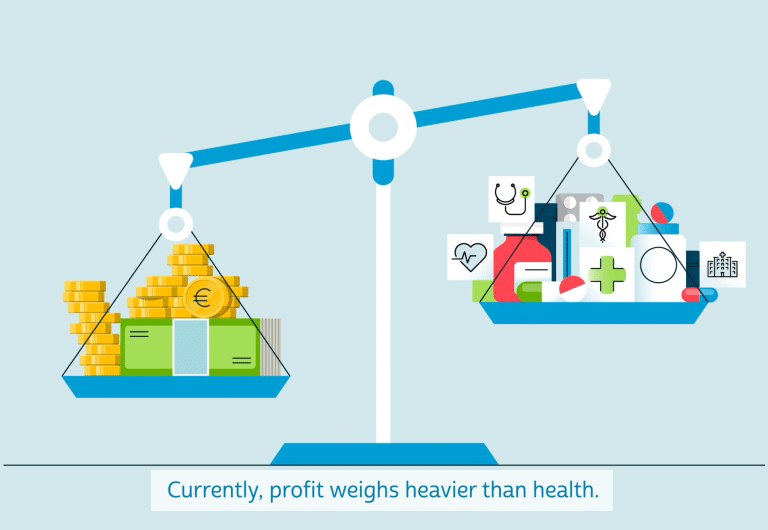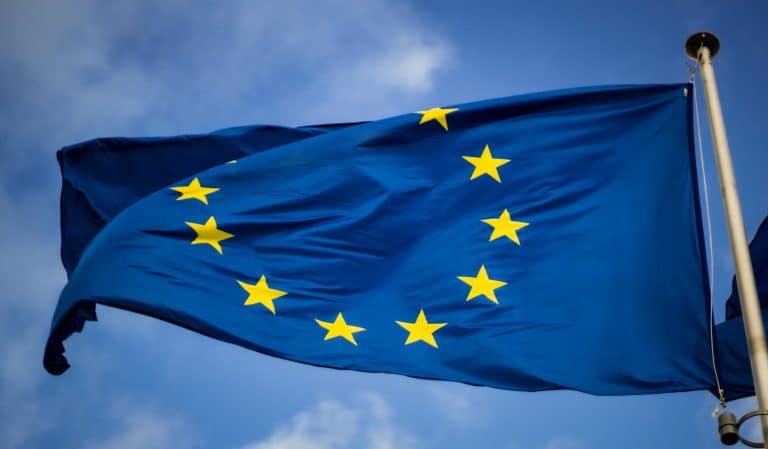The Covid-19 pandemic has illustrated again that appropriately remunerated and sufficiently staffed, skilled, motivated and well-equipped health workers are the cornerstone of good integral quality health care. The Dutch Global Health Alliance invites you to a webinar that will discuss the importance of education and remuneration of health workers in low- and middle-income countries (LMICs) and how the Dutch government can contribute to these pillars.
Update December 18 2020
Missed the webinar? The recording of the webinar can be found here. There is also a summary of the highlights of the panel discussion, as well as recommendations derived from the webinar – you can find them here.
About the webinar
This action-oriented webinar aims to raise awareness about the importance of investing in Human Resources for Health and education and to come up with concrete ideas on how to contribute to such investments.
In this webinar on Friday December 4 at 13.00 CET – led by Alliance members Amref Flying Doctors, KIT Royal Tropical Institute, and ourselves – speakers representing community health workers, graduates and the Dutch Ministry of Foreign Affairs, will share their thoughts and experiences on this topic in two panel discussions: one on health workers’ remuneration and one on health workers’ education.
Both panel discussions start with a statement by each of the speakers, after which the floor is open for discussion and interaction with the panellists, through the chat-box.
Audience
This webinar is designed for policy-makers at Dutch ministries concerned with global health and development and other (global) health professionals, working in public and private sector, NGOs and knowledge institutes.
Speakers
Margaret Kilonzo is a Community Health Worker from Kenya, who lives in Kibera, the largest informal settlement in Africa. Responsible for around 100 households consisting of five to six people, Margaret visits a few families every day, providing information and encouraging open discussion of topics like family planning, HIV/AIDS, and domestic violence. She supports women during pregnancy, checks whether children receive vaccinations, spots symptoms of illnesses, and refers patients to hospitals if necessary. All on a voluntary basis.
Pascalle Grotenhuis (to be confirmed) is the Ambassador for women’s rights and gender equality of the Dutch Ministry of Foreign Affairs.
Noortje Verhart works at the Dutch Embassy in Bamako since October 2019. She is responsible for the portfolio on Sexual and Reproductive Health and Rights. She has worked in the area of sustainable development for almost 20 years, always from a gender equality and rights angle. Before she joined the Dutch Ministry of Foreign Affairs, she worked for KIT in Amsterdam.
Ghassan Karem is the Director of the Primary Health Care Institute in Libya. He is a Libyan physician who has worked in various positions across primary, emergency and intensive care, internal medicine and diabetes care. Ghassan has held management positions at the district level, including with the Health Information Office, the Health Services Office at District of Health level, as the Head of the Emergency Department in a teaching hospital, and at the Ministry of Health as the Director-General of Primary Care. In addition, Ghassan volunteers in field hospitals near conflict lines and in Internally Displaced People camp clinics. He is also a part of the health policy planning process at the national level.
Ghassan started his work at the PHC Institute after completing his Master of Public Health at KIT Royal Tropical Institute. He now works on a range of issues, including Human Resources for Health.
Maisa Elfadul has elaborate experience in research to strengthen policies and practices on Human Resources for Health in Sudan. In her capacity as a researcher at the Public Health institute in Sudan she and her team studied and strengthened the certification policies in Sudan supporting the health workforce in their continuous professional development. Maisa currently is doing a PHD at Maastricht University to further deepen her understanding of incentives to stimulate the development of the health work force.
Discussion topics
- Why is investing in Human Resources for Health – as an essential building block of strong health systems in the pursue of achieving UHC – necessary?
- What is needed for health workers to remain happy, qualified and motivated?
- How can we contribute to education for health care workers, including more informal cadres such as community health workers, health promoters, and traditional birth attendants?
- What investments are needed if we want to ensure all health systems can count with appropriately remunerated and sufficiently staffed, skilled, motivated and well-equipped health workers?
- And what is the role for a donor like the Netherlands?
About the Dutch Global Health Alliance
The Dutch Global Health Alliance is a partnership of Aidsfonds, Amref Flying Doctors, Cordaid, KNCV Tuberculosis Foundation, KIT Royal Tropical Institute, and Wemos. It is dedicated to raising awareness about the need for more concerted global health action and to working towards concrete policy options for the Dutch government that contribute to stronger health systems worldwide.




